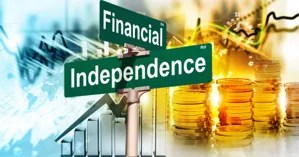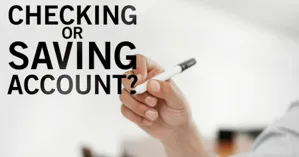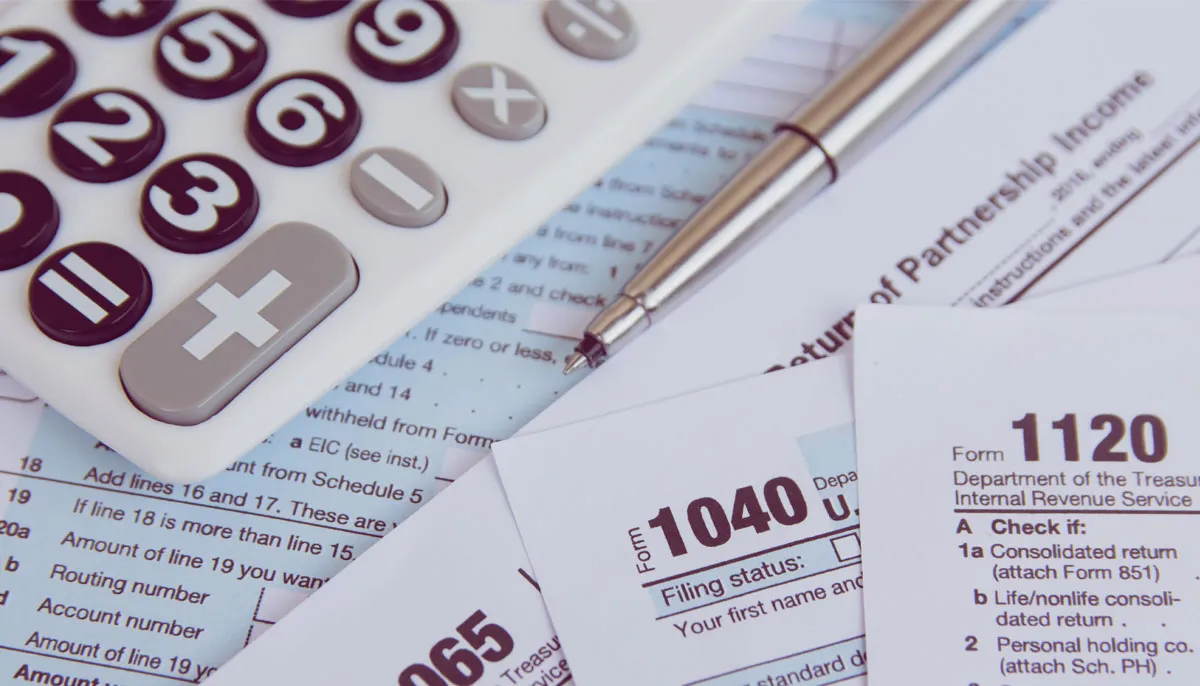- Quick Summary
- You Constantly Complain About Prices
- You Return Goods You’ve Used
- You Buy Low-Quality Goods
- You Refuse to Go to the Doctor
- You Ask a Friend for Discounts
- You Use the "Forgot My Wallet" Excuse
- You Always Ask for the Best Deal
- You Take Condiments from Restaurants
- You Sneak Snacks Into the Movies
- You Reuse Paper Goods
- You Don't Go Out or Miss Special Events
- You're a Bad Tipper
- You Dilute Soap
- Conclusion
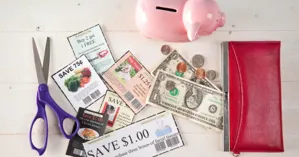
- Quick Summary
- You Constantly Complain About Prices
- You Return Goods You’ve Used
- You Buy Low-Quality Goods
- You Refuse to Go to the Doctor
- You Ask a Friend for Discounts
- You Use the "Forgot My Wallet" Excuse
- You Always Ask for the Best Deal
- You Take Condiments from Restaurants
- You Sneak Snacks Into the Movies
- You Reuse Paper Goods
- You Don't Go Out or Miss Special Events
- You're a Bad Tipper
- You Dilute Soap
- Conclusion
There’s frugal, and then you have the cheapskate. We’re not talking about sticking to a budget and cutting back on spending. We’re talking about the guy or gal who refuses to spend a dime to their detriment. Be aware that you don’t become a cheapskate, as it can negatively impact your overall quality of life. But in case you’re wondering where you fall, here are 14 signs you’re too cheap, not just frugal.
1. You Constantly Complain About Prices

If you find yourself complaining about prices all the time, you might be a cheapskate. Constantly seeking the best deals can lead to incessant complaining about prices. If you don’t like the price of those pants, then don’t buy them. Don’t complain to the sales clerk, he can’t do anything about it. And leave the cashier alone at the filling station. They don’t control the price of gas.
2. You Return Goods You’ve Used

If you’ve worn it to an occasion or made a few shakes with it, the dress or product now belongs to you. Holding onto used goods is similar to keeping broken items, which reflects a reluctance to let go of the past. Don’t buy items just to use them once and then return them. That’s being cheap. If you really don’t like it, take it to a consignment shop. But don’t return a dirty, smelly item that the store will now need to discard.
3. You Buy Low-Quality Goods

Cheap people buy cheap goods. These goods don’t last as long as quality pieces, and then you’re complaining loudly when they break. If you buy a used washer and dryer because of the low price, don’t be surprised when it breaks. Investing in quality items can save big money in the long run.
4. You Refuse to Go to the Doctor

You don’t want to pay those copays, so you avoid going to the doctor. This can jeopardize your nest egg due to potential future healthcare costs. Because you’re not taking care of yourself, you risk becoming ill. Then you really have an expense on your hands.
5. You Ask a Friend for Discounts

It’s great that you’re supporting your friend’s business. A frugal person would support their friend's business without asking for discounts, recognizing the value of their friend's work. But don’t ask for a discount on the product or service. That’s cheap. Your friends shouldn’t be expected to charge you less than the item is worth. If they offer without you asking, that’s different.
6. You Use the "Forgot My Wallet" Excuse

Pulling the old “I forgot my wallet” excuse is old, and people see through it. Forgetting your wallet can prevent you from spending money on social activities, which is important for maintaining friendships. If you’re out with friends, ensure you pay your part of the tab. Don’t expect your friends to pick up the bill, or they won’t be your friends for long.
7. You Always Ask for the Best Deal

If you really have bad service or buy a bad product, that’s worth a complaint. But if you are just wrangling to get a discount on your meal, that’s an entirely different story. When you complain, you damage an employee’s reputation, or they might lose their job. Complaining just to get a cheaper or free meal is cheapskate behavior and wastes valuable time.
8. You Take Condiments from Restaurants
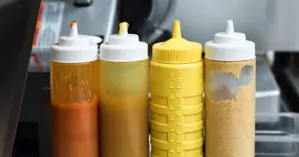
You’re not your great-grandmother from the Great Depression; there’s no excuse for taking a handful of ketchup or mustard from the restaurant. Being extremely frugal in this way can lead to negative consequences, such as wasted time and effort. Creamers are off limits, too. If you’re doing this, think cheapskate.
9. You Sneak Snacks Into the Movies

If it’s a special dietary issue that’s one thing, but sneaking food in to avoid theatre prices is just wrong. The rule of thumb is, if you have to hide something, it’s either illegal or not ethical. Plus, spending time sneaking snacks into movies wastes valuable time and is not worth the effort.
10. You Reuse Paper Goods
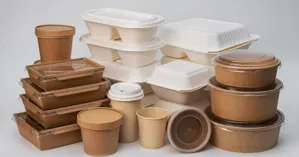
They’re made of paper because they’re disposable. Reusing paper cups, plastic silverware, paper towels, etc., is cheapskate behavior and not sanitary. Just use your regular permanent dishes and silverware and wash them to save big money in the long run.
11. You Don't Go Out or Miss Special Events

Everything should be done in moderation. Some people budget a certain amount for dinner out or movies. Setting aside 'fun money' for social activities is important to avoid becoming a hermit. But if you find yourself never going out to save money, there’s a problem. And if you keep missing special occasions because they cost, that’s cheapskate behavior, too. Be careful; you may end up a hermit.
12. You're a Bad Tipper
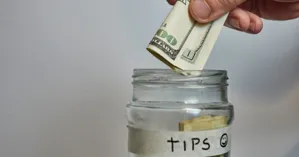
It’s just plain cheap not to tip appropriately. Twenty percent is the standard for tipping. If you’re tipping less, you’re denying your server their pay. They don’t make much and rely on tips. You’ll get the reputation of a terrible tipper and probably won’t have the best service. Spending valuable time calculating minimal tips is not worth the effort.
13. You Dilute Soap

Many people have added a little water to soap to get the last bit out of it. But if half your container is filled with water, you’re cheap. You’ll also have dirty hands. However, using products efficiently without diluting them can save big money in the long run.
Conclusion
Being frugal and being cheap are two different things. If your behavior is interfering with other people, you’re cheap. Or if you could be endangering yourself through your behavior, you’re cheap. Either way, you’ll get a bad reputation. It's important to balance financial savings with spending money on meaningful experiences to enhance your life rather than just saving for the sake of saving.

